
Our Team
Management
Detour House Inc Team

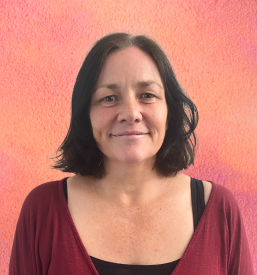
Cindi
CEO
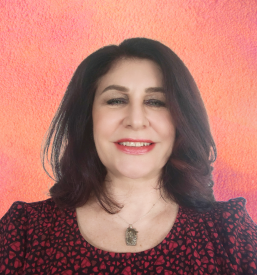
Debra
Operations Manager
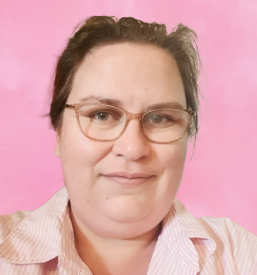
Monique
Administration Officer
Detour House Team


Kelly
AOD Case Manager
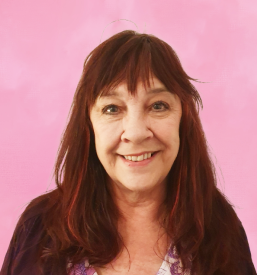
Wendy
AOD Case Manager

Phillippa
Aftercare Case Manager
The Girls Refuge Team

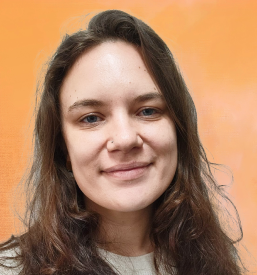
Shai
Service Coordinator
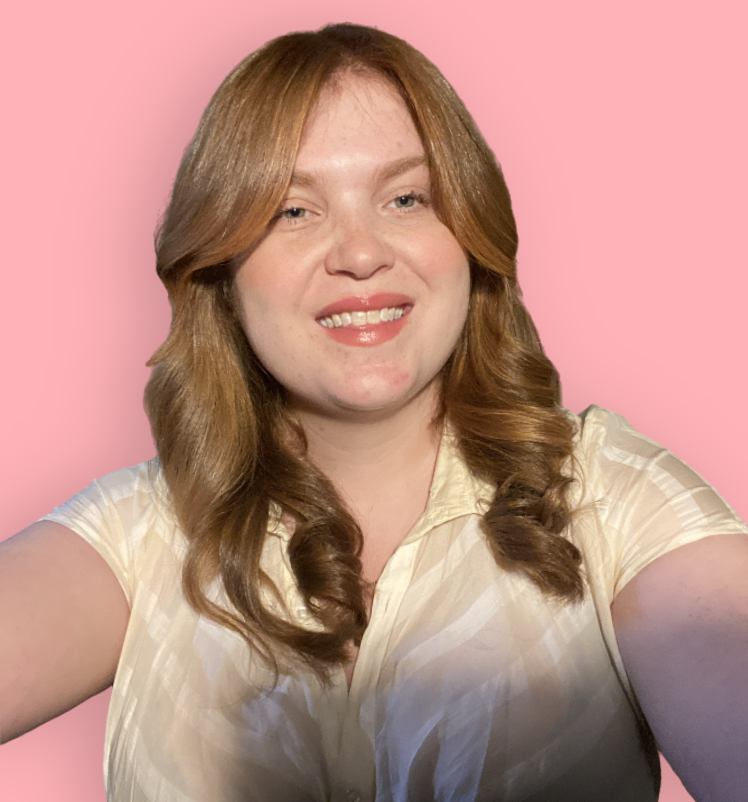
Tamara Brennan
Case Manager
Tam is a driven and committed professional who specialises in working with young people at-risk and in vulnerable communities. Tam began her career honing her skills at an inner-city youth service, quickly realising this industry and this work was her passion. Tam uses a person-centred approach led by trauma-informed care principles and personal lived experience to support and empower young people to achieve their goals
Belinda Lee
Case Manager
Belinda has been a part of the community services and out of home care sectors for over 10 years initially starting her career in 2013 as a psychosocial support worker for adults living with mental health issues, and for families engaged in child protection programs.
Belinda has experience supporting and managing teams, holding qualifications in counselling and community services, and certifications in group facilitation, suicide intervention and therapeutic crisis intervention.
Belinda is a passionate advocate for equality and prides herself on supporting individuals in identifying their needs and goals while encouraging the creation of positive changes to enhance their quality of life.
Celebrating Transformation
Lizzy first presented to The Girls Refuge at the age of 14 due to family breakdown. Lizzy was in a situation where the Department of Communities and Justice (DCJ) were unable to work with and support the family, and the family were not willing to relinquish their parental rights.
As a result, Lizzy has been moving from crisis refuge to crisis refuge and has moved four times in an eighteen-month period.
Lizzy is now 16 years old, does not have the emotional or practical skills at this stage to live independently, and will need to develop these quickly to secure transitional or long-term accommodation.
If Lizzy had been able to remain in the first crisis service she accessed, her circumstances would have greatly improved. She would not have been at risk of re traumatization through changing services, having to retell her story over and over, or continually developing new relationships with staff and clients. This also can have negative impacts on family restoration, with the consistent changing of services and support staff, working not only with Lizzy but with her family.
Lizzy is a good example of why we need more supported medium to longer term accommodation options for under 16s. This case shows that continuum of care models are critical to enable soft transition from crisis services to transitional services and then on to longer term accommodation.

When Susie arrived at TGR she had been transient since the age of 12, experiencing homelessness due to significant domestic and family violence perpetrated by her father. Susie’s mother has her own existing mental health struggles and has often verbally abused Susie as a way of coping with this. Susie has a tumultuous relationship with her separated parents and often found herself needing respite by couch surfing when things became volatile at either home. Upon arrival at TGR, Susie was completely disengaged with school, had a longstanding history of self-harm and suicide ideation, and was having consistent mental health presentations at hospital every 3 to 4 days.
During her time at TGR, Susie has been able to learn about her trauma responses and has worked hard to manage her triggers. The safe and settled environment of TGR played a huge role in Susie feeling safe and settled within herself and we saw that her presentations to hospital became less frequent (and now non-existent). Susie can use her safety plan effectively before things become too overwhelming. Susie is now enrolled, attending, and receiving A grades at school and Susie has also just been accepted into transitional accommodation.

Ruby is a 17-year-old of Middle Eastern descent who was exited from an unsafe situation where her family were supporting an upcoming arranged marriage. The AFP removed Ruby and moved her across the state to The Girls Refuge. Ruby presented with distress and was having difficulty comprehending the situation due to a development delay. Ruby expressed suicidal thoughts and was hospitalised for 3 days in her first week at the refuge. Ruby has remained at the refuge for 5 months due to limited exit opportunities. Given Ruby’s age and vulnerabilities she is unable to live independently and the only option for TGR was to secure Ruby a place at a women’s shelter. Ruby will move into the women’s service on her 18th birthday. TGR have been able to support Ruby to register and attend school, have provided safe and supportive accommodations, assisted Ruby to build her living skills, supported her to access counselling and stabilised her mental health. Ruby has had no further admissions to hospital and has made tremendous growth in her time at TGR.



